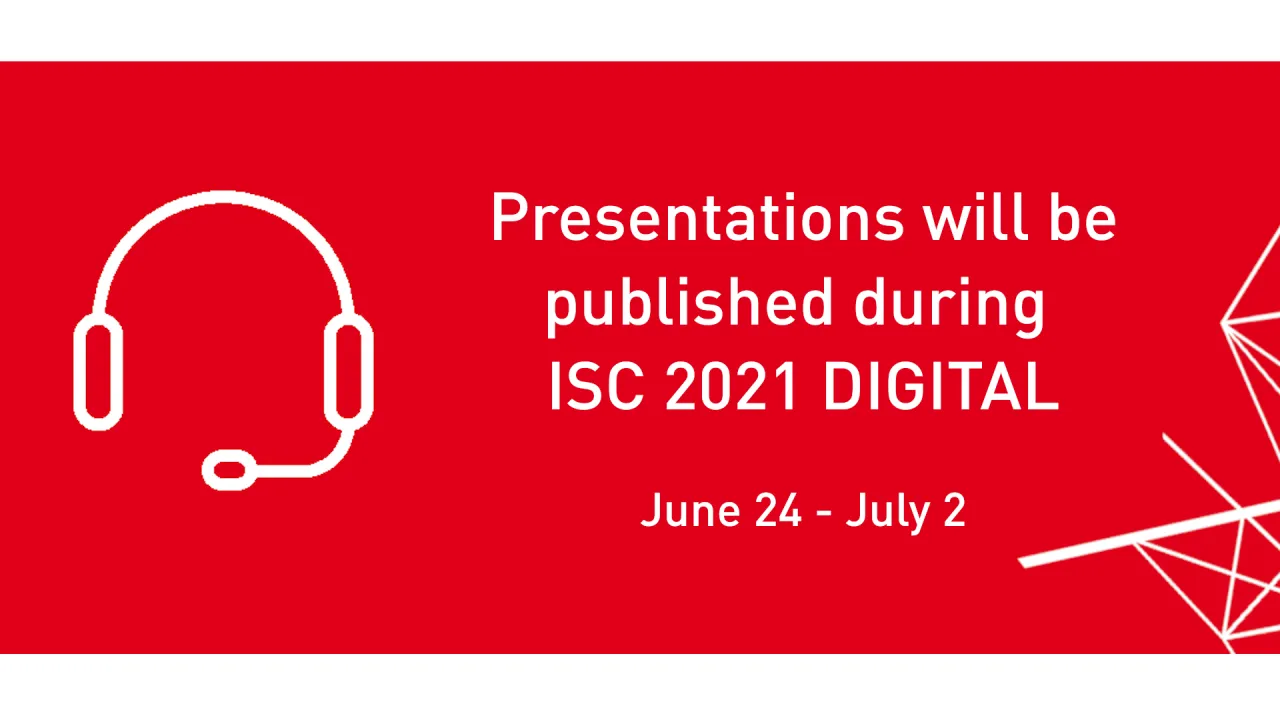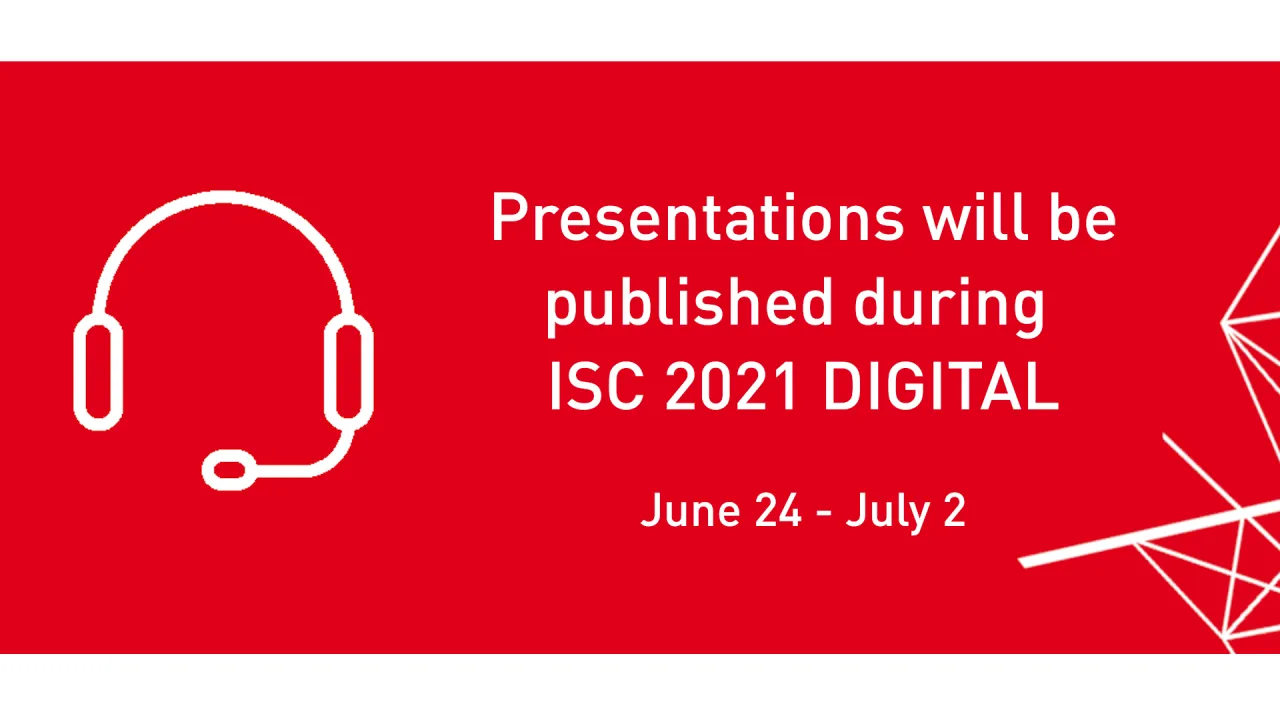

A Physics Informed Neural Solver for Simulation of Science & Engineering Problems
Thursday, July 1, 2021 12:40 PM to 1:00 PM · 20 min. (Africa/Abidjan)
Stream#3
Information
Contributors:
Abstract:
There is an ever-growing body of work using neural networks to solve partial differential equations (PDEs) often referred to as Physics Informed Neural Networks (PINNs). Despite the considerable interest in this field, there has been little success in solving complex problems beyond simple benchmarks. In this talk, we will present SimNet (http://developer.nvidia.com/simnet), an AI-driven multi-physics simulations framework that improves on existing work to handle real world engineering problems. We'll also review the convergence of various neural network architectures and training methodologies that allow for solving multi-physics problems with complex geometries. Compared to traditional numerical solvers, SimNet offers a wider range of use case addressability including coupled forward, inverse, and data assimilation problems, and is generalizable to multiple configurations enabled through network parameterization. SimNet offers fast turnaround time by enabling parameterized system representation that solves for multiple configurations simultaneously, as opposed to the traditional solvers that need to solve for one configuration at a time. SimNet is highly customizable with APIs for geometry, physics and network architecture. It is optimized for GPU computing and offers scalable performance for multi-GPU/Node implementation with XLA as well as both FP32 and TF32 computations. Several use cases will be discussed that range from challenging forward multi-physics simulations, to time-consuming industrial design optimization and inverse problems that are either not addressed at all or addressed inefficiently by the traditional solvers. Kinetic Vision's work on SimNet integration with Solidworks for CAD to simulations for Air Knife application will be presented in the second part of the presentation.
Abstract:
There is an ever-growing body of work using neural networks to solve partial differential equations (PDEs) often referred to as Physics Informed Neural Networks (PINNs). Despite the considerable interest in this field, there has been little success in solving complex problems beyond simple benchmarks. In this talk, we will present SimNet (http://developer.nvidia.com/simnet), an AI-driven multi-physics simulations framework that improves on existing work to handle real world engineering problems. We'll also review the convergence of various neural network architectures and training methodologies that allow for solving multi-physics problems with complex geometries. Compared to traditional numerical solvers, SimNet offers a wider range of use case addressability including coupled forward, inverse, and data assimilation problems, and is generalizable to multiple configurations enabled through network parameterization. SimNet offers fast turnaround time by enabling parameterized system representation that solves for multiple configurations simultaneously, as opposed to the traditional solvers that need to solve for one configuration at a time. SimNet is highly customizable with APIs for geometry, physics and network architecture. It is optimized for GPU computing and offers scalable performance for multi-GPU/Node implementation with XLA as well as both FP32 and TF32 computations. Several use cases will be discussed that range from challenging forward multi-physics simulations, to time-consuming industrial design optimization and inverse problems that are either not addressed at all or addressed inefficiently by the traditional solvers. Kinetic Vision's work on SimNet integration with Solidworks for CAD to simulations for Air Knife application will be presented in the second part of the presentation.
